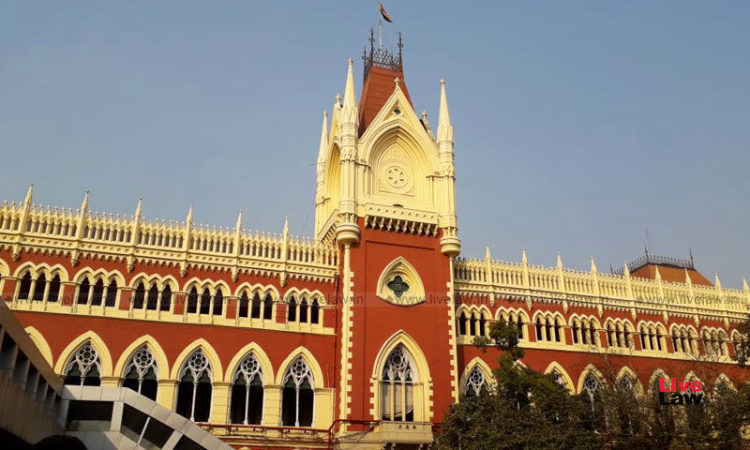A single judge bench of Calcutta High Court on Thursday held that the state must act within legislative intendment of a statute in the matter of grant of excise licences to persons and entities under the provisions of Bengal Excise Act, 1909 and the 2003 Rules. Justice Moushumi Bhattacharya while hearing a writ petition observed: “The State cannot add to the legislative object...

